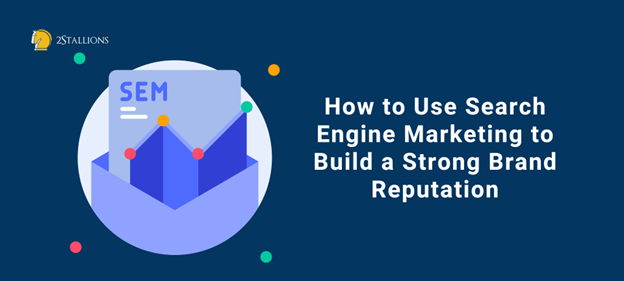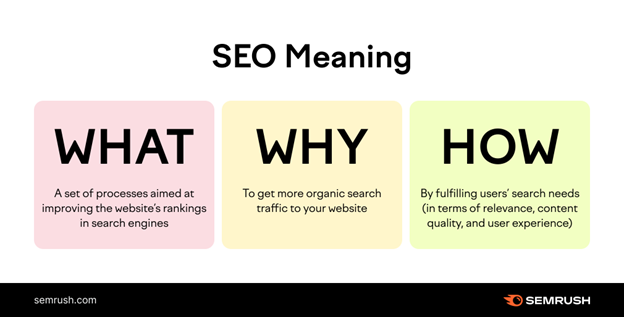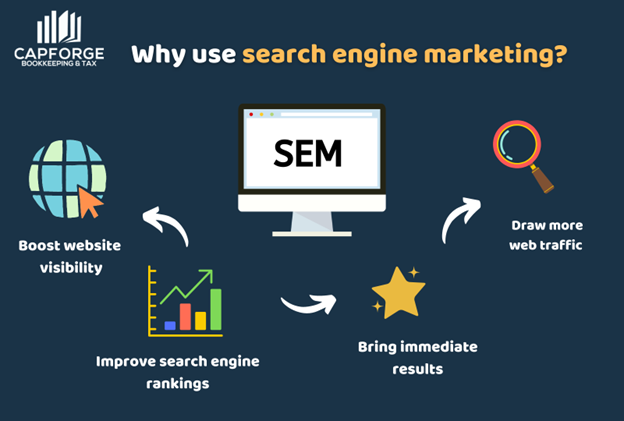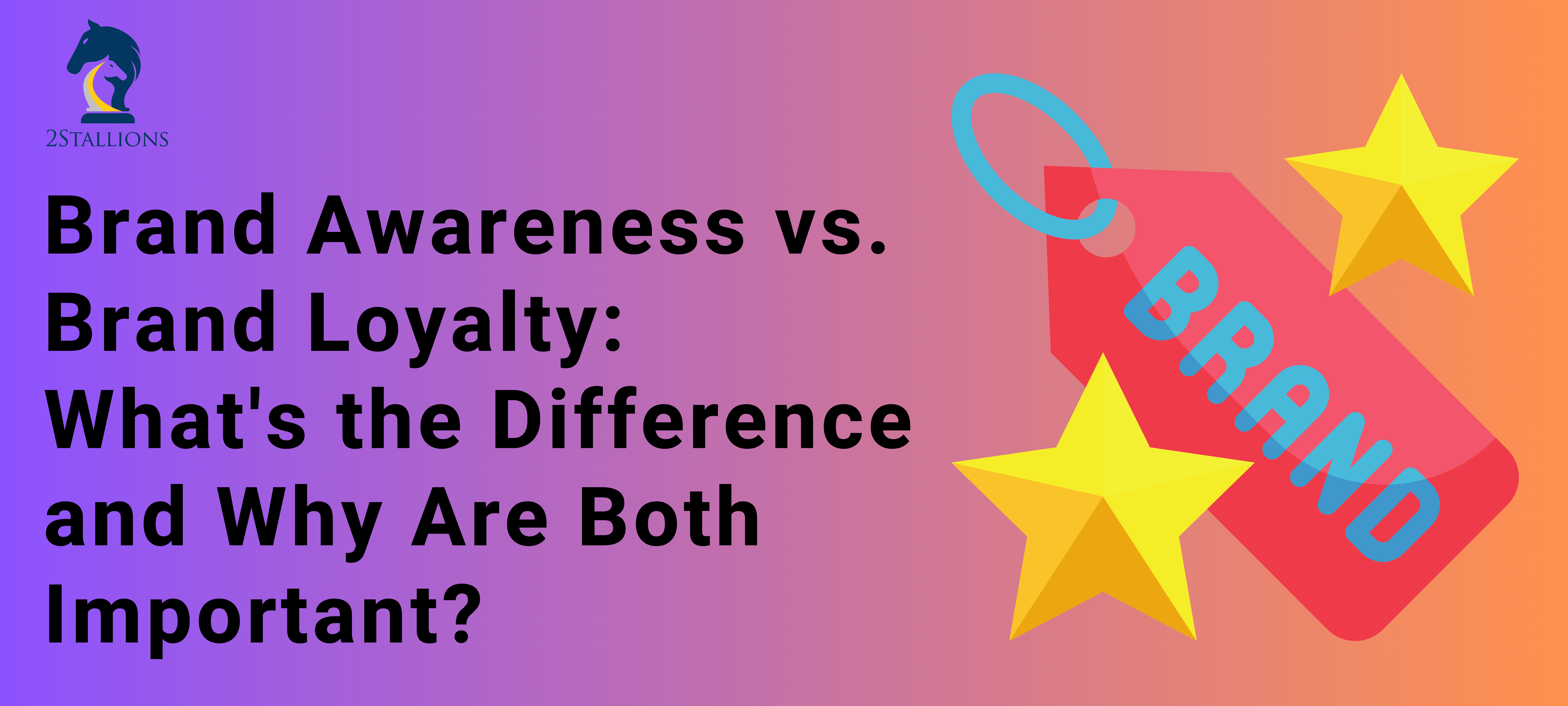SHARE

In today’s digital age, search engine marketing has become a powerful tool for businesses to build a strong brand reputation. Understanding the importance and potential of search engine marketing is crucial for any brand looking to succeed in the online marketplace. By taking a strategic approach, implementing effective techniques, and keeping an eye on future trends, you can harness the power of search engine marketing to create a lasting impact on your brand’s reputation.
[thrive_leads id=’8271′]
Understanding The Power Of Search Engine Marketing
Search engine marketing, often referred to as SEM, is a form of digital marketing that aims to increase a brand’s visibility on search engine result pages (SERPs) through paid advertising and search engine optimisation (SEO) techniques. By leveraging the power of search engines, brands can reach a wider audience and attract more potential customers.
Search engine marketing has revolutionised the way businesses promote their products and services online. With the ever-increasing number of internet users, search engines have become the go-to source for information, making it crucial for brands to have a strong presence in search results.
When it comes to SEM, there are two primary strategies that brands can employ: paid advertising and search engine optimisation. Paid advertising involves bidding on keywords and placing targeted ads that appear alongside organic search results. This allows brands to instantly reach their target audience and drive traffic to their website.
On the other hand, search engine optimisation focuses on improving a brand’s website to rank higher in organic search listings. This involves optimising the website’s content, meta tags, and backlinks to make it more relevant and authoritative in the eyes of search engines. By implementing effective SEO strategies, brands can increase their organic visibility and attract valuable organic traffic.
 (Source: Pavlik, V. (2022, December 5). What is SEO? Meaning, examples & how to optimize your site. Semrush Blog. https://www.semrush.com/blog/what-is-seo/ )
(Source: Pavlik, V. (2022, December 5). What is SEO? Meaning, examples & how to optimize your site. Semrush Blog. https://www.semrush.com/blog/what-is-seo/ )
Defining Search Engine Marketing
Search engine marketing encompasses various strategies and tactics used to improve a brand’s online visibility. It involves creating targeted ads that appear alongside organic search results and optimising a brand’s website to rank higher in organic search listings.
One of the key components of search engine marketing is keyword research. Brands need to identify the keywords and phrases that their target audience is using to search for products or services similar to theirs. By understanding the search intent behind these keywords, brands can create compelling ads and optimise their website’s content accordingly.
Another important aspect of search engine marketing is ad targeting. Brands can choose to display their ads to a specific demographic, location, or even based on the user’s previous search history. This level of targeting ensures that brands are reaching the right audience and maximising their advertising budget.
The Role Of Search Engine Marketing In Brand Building
Search engine marketing plays a significant role in building a strong brand reputation. By appearing prominently in search results, brands can establish credibility and trust among their target audience. When users see a brand consistently appearing in search ads and organic listings, it creates a sense of reliability and familiarity.
Moreover, SEM allows brands to communicate their unique selling proposition and engage with potential customers at the right moment. When a user is actively searching for a product or service, appearing in search results gives brands the opportunity to showcase their offerings and stand out from the competition. By crafting compelling ad copy and landing pages, brands can capture the attention of potential customers and drive conversions.
Furthermore, search engine marketing provides valuable insights into consumer behaviour and preferences. By analysing search data and user interactions, brands can gain a deeper understanding of their target audience’s needs and preferences. This information can then be used to refine marketing strategies and tailor offerings to better meet customer expectations.
Search engine marketing is a powerful tool that allows brands to increase their online visibility, attract more potential customers, and build a strong brand reputation. By combining paid advertising and search engine optimisation techniques, brands can effectively reach their target audience and drive business growth.
Developing A Strategic Approach To Search Engine Marketing
Before diving into search engine marketing, it’s crucial to develop a strategic approach that aligns with your brand’s goals and values. This involves identifying your brand’s unique selling proposition and choosing the right keywords to target.
Identifying Your Brand’s Unique Selling Proposition
Your brand’s unique selling proposition is what sets you apart from your competitors. It’s the value or benefit that customers can expect from choosing your brand over others. Identifying this unique selling proposition will help you tailor your search engine marketing efforts to highlight what makes your brand special.
Choosing The Right Keywords For Your Brand
Keywords are the building blocks of search engine marketing. They are the words or phrases that users search for when looking for products or services. By selecting relevant and high-intent keywords, you can ensure your brand’s ads and website appear in front of the right audience.
 (Source: Faustino, A., & Faustino, A. (2022, July 18). Search Engine Marketing: The Basics | CapForge. CapForge | Small Business Professional Bookkeeping & More. https://capforge.com/search-engine-marketing-the-basics/ )
(Source: Faustino, A., & Faustino, A. (2022, July 18). Search Engine Marketing: The Basics | CapForge. CapForge | Small Business Professional Bookkeeping & More. https://capforge.com/search-engine-marketing-the-basics/ )
Implementing Search Engine Marketing Techniques
Now that you have a solid strategy in place, it’s time to implement search engine marketing techniques that will drive results.
Pay-Per-Click Advertising: A Primer
Pay-per-click (PPC) advertising is a popular form of search engine marketing where brands bid on keywords and pay a fee each time a user clicks on their ad. This method allows brands to control their budget and target specific audiences, resulting in higher conversion rates and a better return on investment.
The Importance Of Seo In Search Engine Marketing
Search engine optimisation (SEO) is another crucial component of search engine marketing. By optimising your website’s content, structure, and performance, you can improve your organic search rankings and attract more organic traffic. SEO techniques include on-page optimisation, link building, and technical improvements.
Monitoring And Adjusting Your Search Engine Marketing Strategy
Once your search engine marketing efforts are in motion, it’s essential to monitor the results and make necessary adjustments to maximise your brand’s online reputation.
Tools For Tracking Your Brand’s Online Reputation
There are various tools available to help you track your brand’s online reputation. These tools provide valuable insights into your brand’s visibility, sentiment, and overall performance in search engine marketing campaigns. By monitoring these metrics, you can identify areas for improvement and make informed decisions about your strategy.
Making Necessary Adjustments To Your Strategy
Search engine marketing is an ever-evolving field, and it’s crucial to adapt your strategy to keep up with changing trends and user behaviour. By staying up to date with industry developments and analysing your campaign data, you can make data-driven adjustments that will maximise your brand’s visibility and reputation.
Future Trends In Search Engine Marketing
As technology continues to advance, search engine marketing will undoubtedly evolve along with it. Understanding future trends and anticipating changes can help you stay ahead of the competition.
The Rise Of Voice Search
Voice search is gaining popularity with the widespread use of voice assistants such as Siri, Alexa, and Google Assistant. Brands that optimise their search engine marketing efforts for voice search will have a competitive advantage in attracting voice-enabled consumers.
The Impact Of Artificial Intelligence On Search Engine Marketing
Artificial intelligence (AI) is revolutionising search engine marketing by offering advanced targeting and optimisation capabilities. By leveraging AI-powered tools, brands can deliver personalised ads, improve user experience, and drive higher conversion rates.
In conclusion, search engine marketing is a powerful tool for building a strong brand reputation. By understanding the power of SEM, developing a strategic approach, implementing effective techniques, and staying ahead of future trends, you can create a lasting impact on your brand’s online presence. Embrace the opportunities provided by search engine marketing and watch your brand soar to new heights in the digital landscape.
[thrive_leads id=’3523′]
Frequently Asked Questions About Search Engine Marketing
What is SEO vs SEM?
The main difference between Search Engine Optimisation (SEO) and Search Engine Marketing (SEM) is that SEO focuses on optimising a website for organic search traffic, while SEM includes both organic search and paid advertising to attract traffic.
What Is An Example Of Search Marketing?
A digital marketing strategy, search marketing uses paid and unpaid techniques to earn your business increased visibility across the Internet. A few examples of these techniques include pay-per-click (PPC) advertising and SEO.
Is SEM More Effective Than SEO?
Toggle content goes here, SEO takes more time to deliver results than SEM. An SEO strategy can take anywhere from three months to two years to offer significant ranking improvements, whereas an SEM campaign can increase an organisation’s web traffic within hours.edit button to change this text.
What Are The Benefits Of Search Engine Marketing?
- You Learn More About Your Target Market
- Your Brand Benefits
- More Traffic to Your Website
- More Leads
- There’s Consistency
- You Don’t Have to Spend an Exuberant Amount
- It’s Faster Than Organic Traffic and SEO
- You Stay Ahead of Your Competitors
What Are The Disadvantages Of Using SEM?
The disadvantages of SEM are its size and cost. SEM is expensive to operate. The preparation of samples can result in artifacts. A critical disadvantage is that SEM is limited to solid, inorganic samples small enough to fit inside a vacuum chamber that can handle moderate vacuum pressure.









